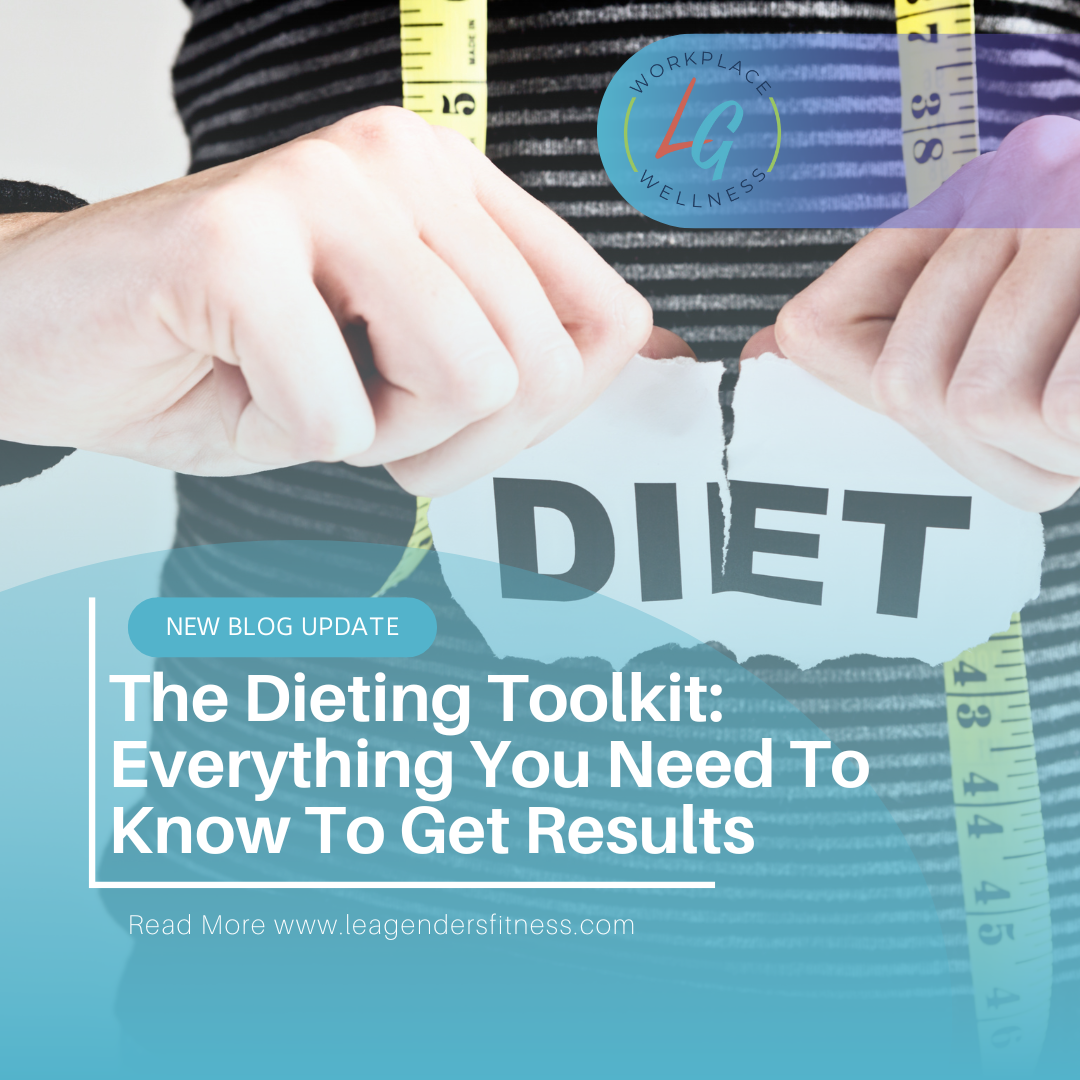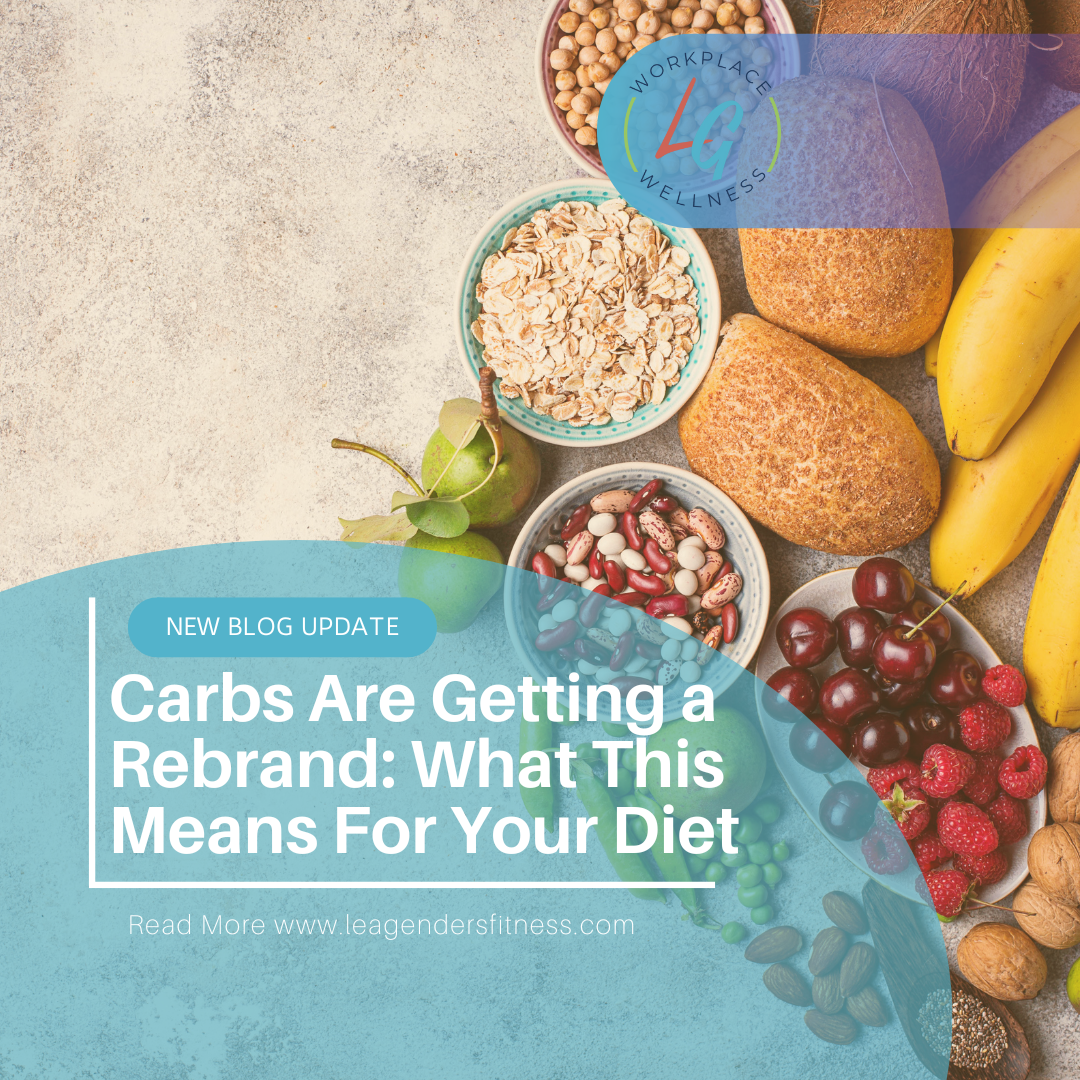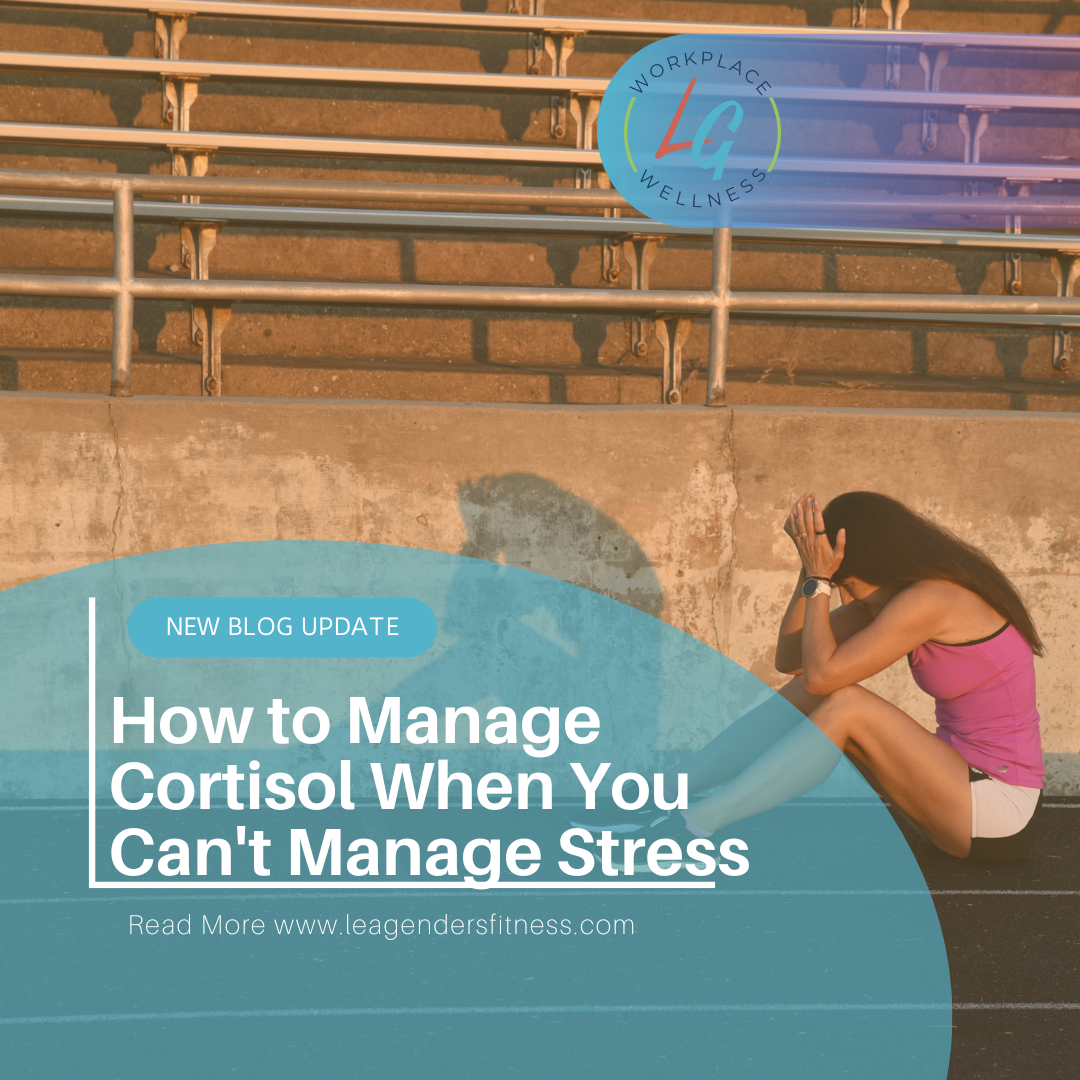As soon as the holidays roll around, what's the first thing you see? Articles, ads, and gym campaigns telling you all about the dreaded holiday weight gain. Maybe this is just my algorithm? They throw statistics at you, like that five-to-ten-pound average gain, and they use those big, scary numbers as a tactic to push you into quick-fix programs. Don’t fall for it.
That five-to-ten-pound figure is actually way overblown; scientific data shows the average gain is closer to one or two pounds. More importantly, it is not an all-or-nothing choice: enjoy the holidays or worry about maintaining your current weight, because there are absolutely more important things than your relationship with gravity (which is what the scale measures).
You know that feeling when the holiday season starts and you immediately brace yourself for a battle? We often hear about the need for a "holiday survival kit," but just using the word "survival" suggests that the next few weeks are something negative we have to get through.
This framing is where we miss a big opportunity to adjust our mindset.
How you approach your goals, your obstacles, and your entire journey affects how you act. If you start out believing the holidays are something to survive, you are already setting yourself up with a negative bias.
While the holidays can definitely be hectic, routine-busting, and stressful, they also provide a wonderful chance to show and receive love, build stronger connections, enjoy community, and lean into celebration. In fact, deep connection is one of the leading indicators of long-term health. Prioritizing the joy and togetherness the holidays offer actually supports your overall well-being. I know it is not always easy, but consistently leaning into these positives while actively working to manage the typical struggles is the shortest and most effective path to feeling successful this holiday season.
Why "Starting Over in January" Fails Your Health Goals
As a health coach and personal trainer for over a decade, I have heard the same refrain countless times: "I'll just enjoy the holidays and start over in January."
This approach is tempting, but it rests on a common mistake: the belief that if you cannot be perfect, or if you cannot do everything (and who has the time for that right now?), you might as well forget it for now. Putting your health goals out of mind often seems less stressful than adding extra guilt to an already packed schedule.
But here is the spoiler alert: life rarely calms down completely. The people who find the most lasting success realize that building healthy habits and practicing healthy behaviors while life is busy is actually the best time to do it. If you can establish a strong, flexible foundation now, imagine how easily you can build upon it when that mythical "calm life" eventually arrives. (It does happen sometimes, right?)
Many people worry about gaining weight over the holidays because treats, celebrations, and parties are abundant. Yet, heavy restriction takes away the very things that make the holidays special: connection, joy, and togetherness. This season can be your opportunity to practice flexibility and build resilience using three simple, practical concepts that help you avoid the all-or-nothing trap.
Concept 1: Use the Dial Mindset Method to Stay Consistent
Instead of approaching health as an all-or-nothing situation, adopt the mindset of a simple volume dial. The key here is realizing that every healthy behavior exists on a spectrum, and you have the power to consciously "dial up" or "dial down" your effort based on your current situation, rather than turn the “switch” on or off.
Imagine you usually spend 45 minutes at the gym three days a week. During a hectic week of travel and hosting family, trying to maintain that exact schedule is setting yourself up for failure. Instead of skipping the gym entirely, you can dial down:
Dial Down: Commit to a two-day schedule of two twenty-minute bodyweight workouts at home.
Dial Down Further: Aim for three ten-minute walks after dinner to stay consistent with general movement.
Dial Up: When the busy week is over, return to your routine with the satisfaction that you maintained your consistency, even if the volume was lower.
The goal is consistency over intensity. Recognizing that a little bit is always better than nothing helps you avoid the guilt and shame that often derail a complete restart in January. Look for the small, manageable ways you can keep your "dial" turned up, even just a little, on things like movement, sleep, or hydration.
Concept 2: Holiday Eating on a Continuum, Not a Restrictive Plan
When it comes to food, the holiday season can feel like a choice between perfect eating (often unrealistic and joyless) and complete abandonment (usually leading to regret). No one wants to “diet” during the holidays, and you don’t have to.
Instead of seeing food choices as a cliff you fall off of, view eating as a continuum. Most of your health results come from the accumulated effect of your daily eating habits, not from one single meal. We change everything by remembering the focus is never perfection, but constant, incremental improvement.
The continuum is a helpful tool for visualizing the range of options available to you. To understand it, let us consider the two extremes. On the "Less Helpful Side," we can place the worst possible choice you can think of: Perhaps a high-calorie burger meal, such as one from the Heart Attack Grill in Las Vegas (I was going to link to them, but let’s not. you can Google it if you never heard of it). This choice does not move you closer to your health and fitness goals.
Conversely, on the opposite end of the spectrum, we can imagine a perfectly portioned and prepared meal of wild-caught salmon and colorful vegetables made at home. This meal is helpful to your goals. The key is understanding that every single meal you choose lands somewhere along this line between these two points. It is not an either/or situation. This mindset changes how you think about food and dieting forever.
Less helpful <—> More Helpful
Instead of jumping straight to the "perfect" meal, you look at what you are already eating and ask the single most important question:
"How could I move this one step better?"
This mindset steers you away from all-or-nothing thinking. If you are having a burger and fries, a one-step improvement could be eating the burger without the top bun or swapping the fries for a side salad or some roasted potatoes. If your meal is mostly carbs, you could upgrade it by adding a protein source or a side of colorful vegetables. Even slowing down while you eat or choosing a smaller size instead of a large can be that one step forward.
This process is about creating small, achievable upgrades that move you in the right direction without feeling restrictive. Whether you choose grilled over fried, replace soda with water, or use a smaller plate, you are honoring your commitment to yourself. No guilt, no all-or-nothing thinking, just movement in the right direction. If you consistently ask yourself, "How can I make this a little better right now?" those small changes will add up and keep healthy choices top of mind, even when life is far from perfect.
Concept 3: Stress Management as a Learned Skill
The holidays are often synonymous with stress: family dynamics, financial pressures, schedule overloads, and the push to make everything "perfect." We can't eliminate holiday stress, but we can manage it as a skill that gets better with practice.
Stress management is not bubble baths or meditation retreats. We can work on building daily habits that increase your resilience. During the holidays, focus on micro-doses of stress relief.
Here are a few quick skills to practice:
The Power of Pause: Before rushing from one task to the next (e.g., before driving to the store, before answering a phone call), take one full, deep breath, taking longer to breathe out than in. Just that brief pause can interrupt the stress feedback loop.
Bookend Your Day: Commit to a five-minute routine at the start and end of your day. It might be journaling, simple meditation, or just a cup of tea in silence to create small pockets of guaranteed stillness.
Mindful Movement: Instead of seeing exercise as an intense all-or-nothing sweat-fest, view it as a primary stress reducer. Even ten minutes of stretching or walking can lower cortisol levels and improve your mood, shifting the focus from calorie burn to mental well-being.
By treating stress management as a skill, you realize that you don't need a three-hour spa day to feel better. You can consistently apply these small tools to keep your balance throughout your day, which ultimately supports all your other health goals.
Enjoying the Season
The most successful holiday season is one where you feel less depleted, more connected, and proud that you navigated a busy time while respecting your commitment to your health.
This season, instead of defaulting to an all-or-nothing mindset, try these three strategies: Use the Dial Mindset Method to maintain your consistency. Turn it up or down depending on your life circumstances. See eating on a Continuum to embrace joy without guilt. Remember that perfection is never required for results. Practice Stress Management as a skill with small, intentional actions.
Success this holiday season is so much more than avoiding weight gain, it's about gaining confidence and flexibility during a season of change. You can manage challenges by trusting your ability to make intentional choices and by ensuring your actions support your long-term health goals.
What is one small, manageable action, based on the Dial Mindset Method, that you are committed to taking this season to support your well-being?
Questions? I’d love to help.
Lea
P.S. If you would like coaching to help apply these concepts into your life, I invite you to test drive my coaching with my upcoming 5-week New Year Kick Start Program. If you’re ready to skip the January resolution burnout, enrollment is open now. This program is designed to help you eliminate the start/stop cycle and build the true consistency that leads to lasting results. We start January 5, 2026. You can secure your spot today for half price, only $95, but this special Black Friday offer ends midnight on Cyber Monday, December 1st.
Lea Genders is a board-certified health coach, personal trainer, and workplace wellness consultant based in Fort Worth, TX. She offers corporate wellness programs for employee health and productivity, as well as in-person and virtual training / coaching for individuals worldwide. Her blog shares expert guidance on strength training, running, and sustainable nutrition @fortworth_trainer












Before and after photos make it seem like the middle is just something to endure until you reach the end. The reality is that there isn’t really an after picture. The real magic happens in the messy middle. It is found in getting through a tough Tuesday when you’re tired and the fridge is empty. Here is why the middle is where your real life happens and how to find meaning in the journey.